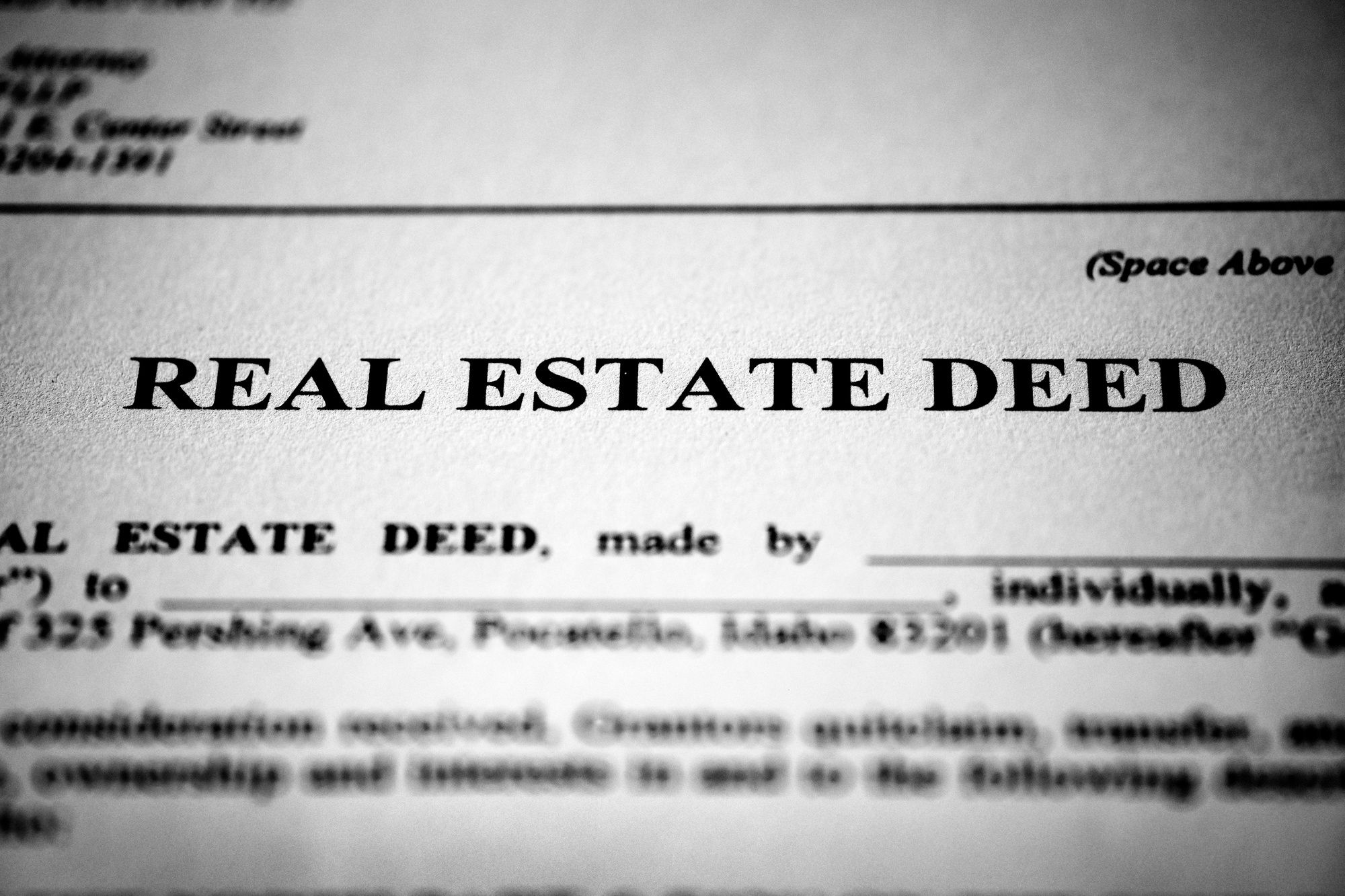When selling a home, it's not just about setting the right price or making it look appealing. One of the most essential aspects of home selling, often overlooked, is having the necessary paperwork in order. Having the right documents can help ensure the sale goes smoothly and protect both the seller and the buyer from potential legal issues.
Moreover, in today's digital age, managing paperwork has become even more streamlined. Tools and apps have made storing, accessing, and transmitting essential documents easier. For instance, if you need to send some home-selling paperwork quickly and securely, using the best fax app can be a hassle-free solution. This method ensures that important documents are delivered promptly, contributing to a smooth selling process.
But before delving into the electronic transmission and storage of paperwork, it’s crucial to familiarize yourself first with the essential paperwork you should be aware of when planning to sell your residential property.
Read on to learn more.
1. Title Documents
The title deed, which is the backbone of any property transaction, proves ownership. It not only authenticates your right to sell the property, but also represents what will be transferred to the new owner. As such, ensure this document is in order as it forms the basis of any property transaction. For example, it’s critical to ensure the deed is free from any liens or disputes, as this can complicate the sales process.
2. Recent Tax Assessments
Potential buyers often want to know about the property’s tax history. Having recent tax assessments at hand can help clarify the property’s tax obligations. This can include property tax bills or even a tax certificate. Moreover, a steady or increasing tax-assessed value can indicate a property’s appreciation over time. Therefore, prepare these documents to streamline the selling process.
3. Mortgage Documents
If there’s a mortgage on the home, those documents must be ready and available. These show the outstanding balance and other loan details, such as interest rates and terms. This information is vital, especially if prepayment penalties or specific terms need to be addressed before selling. Also, the buyer’s bank might need this information for the new mortgage. So, you should have the mortgage documents ready before putting your home for sale in the real estate market.
4. Home Inspection Reports
Before finalizing a purchase, many buyers request a home inspection. This report plays a crucial role in building trust with potential buyers. A detailed home inspection report outlines any known issues with the property and can be a bargaining chip during negotiations. If defects are identified and addressed beforehand, it can enhance the property’s value and desirability. Also, it’s important to have a recent home inspection report if you want to expedite the selling process.
5. Property Survey
A property survey shows the boundaries of the property. It can indicate any encroachments or discrepancies that might need resolution before the sale. Also, in cases where additions or alterations have been made, updated surveys can clarify if they’re within property lines. These are essential documents since they can help avoid potential disputes that can delay the home-selling process.
6. Utility Bills And Other Recurring Expenses
Potential buyers often find information about monthly or yearly expenses associated with the house valuable. This includes utility bills, homeowners’ association fees, and other recurring costs. Such details can provide buyers with a clearer understanding of their potential financial commitments. Lastly, these documents can offer transparency, which helps buyers make an informed financial decision.
7. Disclosure Documents
Different states have their own regulations regarding what sellers must disclose to potential buyers. Generally, sellers are required to disclose any known issues with the property. This can range from structural problems to neighborhood nuisances. Therefore, having a comprehensive disclosure form filled out can help avoid potential legal problems and establish trust with the buyers.
8. Warranty Information
If your home has existing warranties, such as for appliances, HVAC systems, or the roof, having this paperwork is an added selling point. Buyers often appreciate knowing that certain aspects of the home are under warranty, as it can save them potential future costs. Additionally, by showcasing valid warranties, you can accentuate the value and care invested in the property.
9. Final Purchase Agreement
Once negotiations are complete and both parties have agreed on the terms, the final purchase agreement is drafted. This comprehensive document outlines the sale’s terms and conditions, the agreed-upon price, contingencies, the closing date, and other vital details. As such, having this document prepared is important for the home-selling process. In fact, both the buyer and the seller must review it carefully before signing it to protect their rights and interests as parties.
10. Closing Documents
The closing process involves several documents that ensure the title’s clean transfer from the seller to the buyer. These can include a settlement statement, deed, and bill of sale. Additionally, a statement of closing costs and any receipts associated with the transaction might be needed. These papers play a part in legally and transparently completing the sale.

Key Takeaways
When it comes to selling a home, preparation is paramount. This refers not just to physical preparations like staging or repairs, but also to ensuring all necessary paperwork is in order. Doing so can help streamline the process and boost your credibility in the eyes of potential buyers.
By keeping the information mentioned above in mind, you can ensure that every necessary document is ready and properly formatted. This thorough preparation can make the home-selling journey much more manageable and less stressful for everyone involved.






